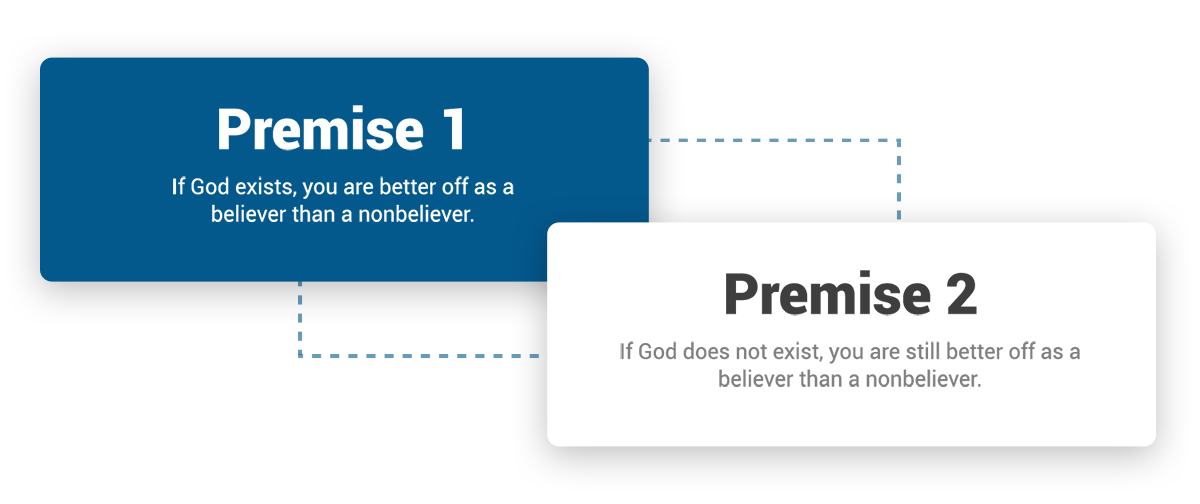WHAT’S THE DIFFERENCE BETWEEN
A HIGHER POWER AND GOD?
WHAT’S THE DIFFERENCE BETWEEN
A HIGHER POWER AND GOD?
Let’s Explore The Answer
Let’s Explore The Answer
The 12-step process commonly used by Alcoholics Anonymous refers to the need for a “power greater than ourselves”, or “higher power”. Alcoholics Anonymous and other 12-step programs are often built around spiritual values though they don’t specify any particular religious affiliation. Therefore, individuals are welcome to interpret higher power however they see fit. Some may use the term more broadly while others refer to God.
But this begs the question, what’s the difference between God and a higher power? Skeptics, atheists, and the Bible will all have different answers.
If you or someone you love has landed on this page and are struggling with an addiction, you can find local meetings HERE. You can also find the 12 steps of Alcoholics Anonymous HERE.
Living On The Edge
Learn More About God
Sign up to gain immediate access to free sermon MP3s, devotionals, blog content, and more.


What The Bible Says
Many will refer to the God of the Bible as their higher power. Many will lean on and seek God’s help to maintain sobriety, realizing they are unable to overcome alcohol and other addictions alone. The God of the Bible is not a general force or impersonal energy influencing the world. Rather, God created and cares about the world. The Bible describes how God is personally involved in the moves of mankind and genuinely loves people. Yet, He is completely powerful and in Him all things in the world are held together.
Whatever you may be going through or struggling with today, the Bible explains how you should hand over every concern and worry to God because He cares about you and is supremely able and willing to help you through your troubles. The God of the Bible is caring, personal, powerful and willing to help you. As you consider a higher power would you consider leaning on the God of the Bible today?
What would happen if you embraced the possibility that the God of the Bible really did create the world and really does care for you?
Pascal’s Wager

In the seventeenth century, a famous philosopher and mathematician, Blaise Pascal, encouraged people to make a wager when it came to belief in God. If a person chose to believe in God and God did exist, that person would gain everything (eternal life). If a person chose to believe in God and God did not exist, that person would lose nothing. On the other hand, if a person chose not to believe in God and he was right, he would lose nothing. But if that person did not believe in God and he was wrong- he would lose everything (lose eternal life).
This wager can be said another way:

Based on this logic, Pascal suggested the rational person would choose to believe in God as believing offers a person everything (eternal life) while losing nothing. Wherever you are in your faith journey, would you consider taking Pascal’s wager? If the good God of the Bible exists, you have nothing to lose and everything to gain by believing in Him today.
We’d Like to Provide More Resources to Help You Learn About God
To stay in touch with weekly resources from our team, fill out your information below.
